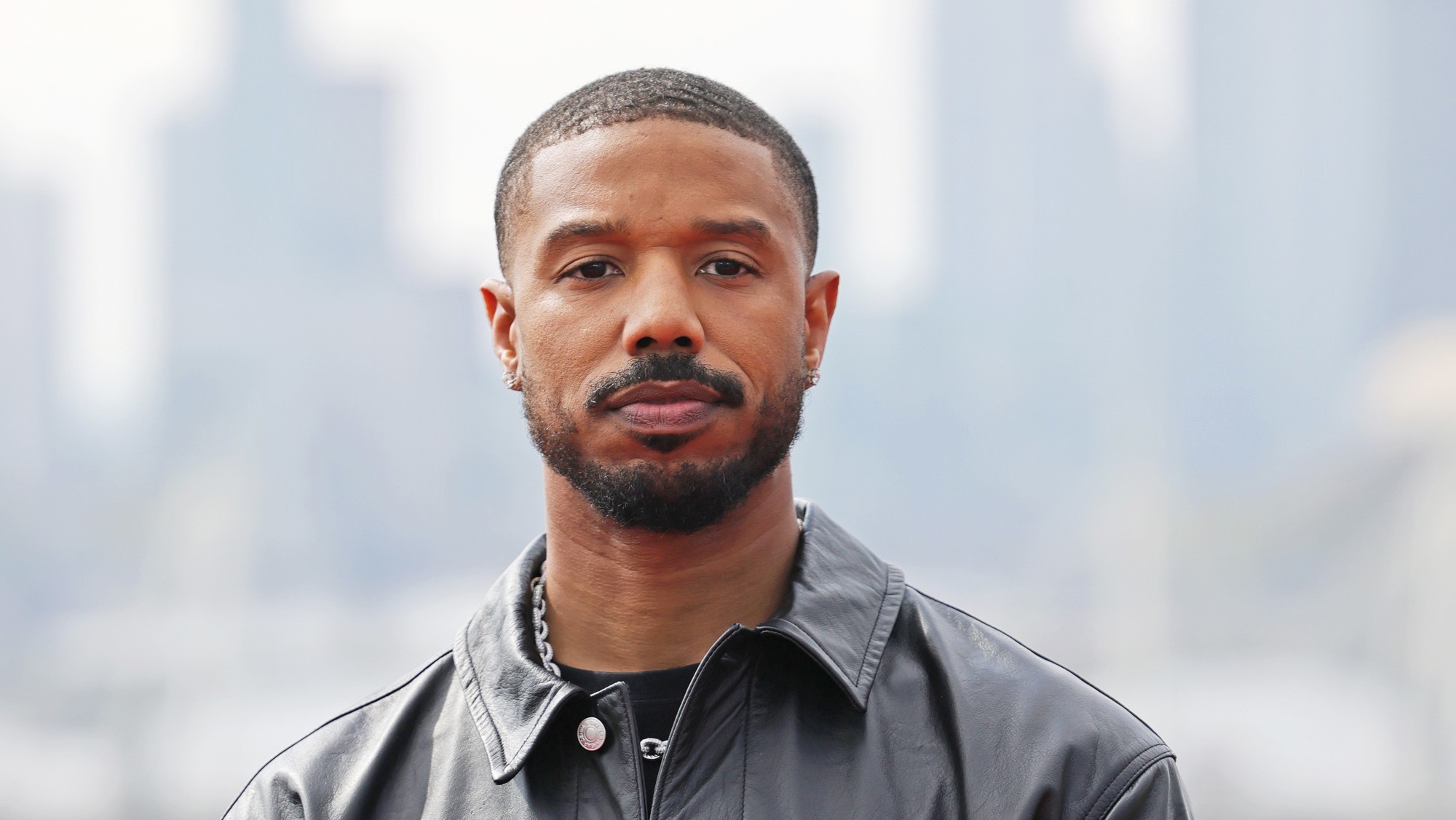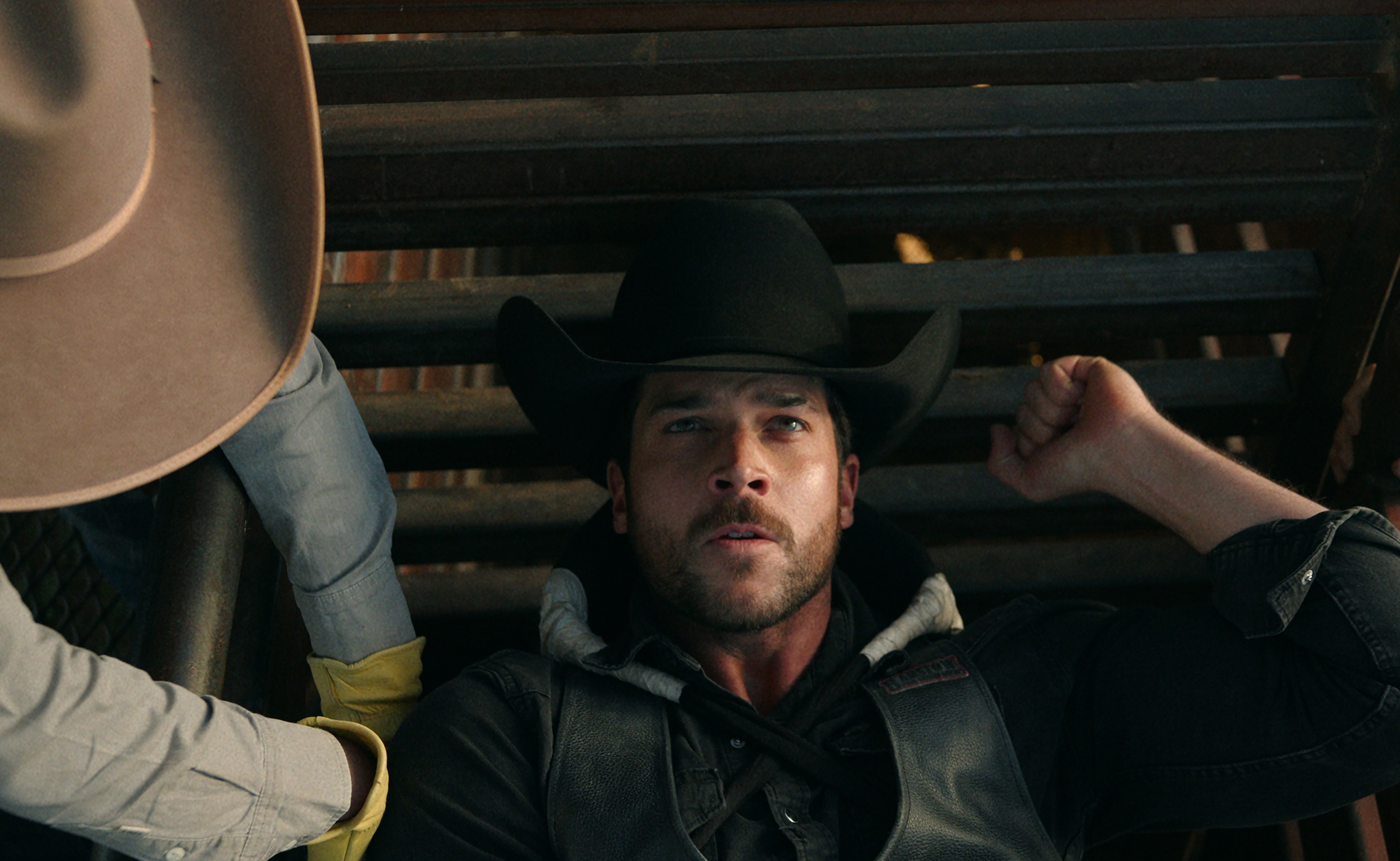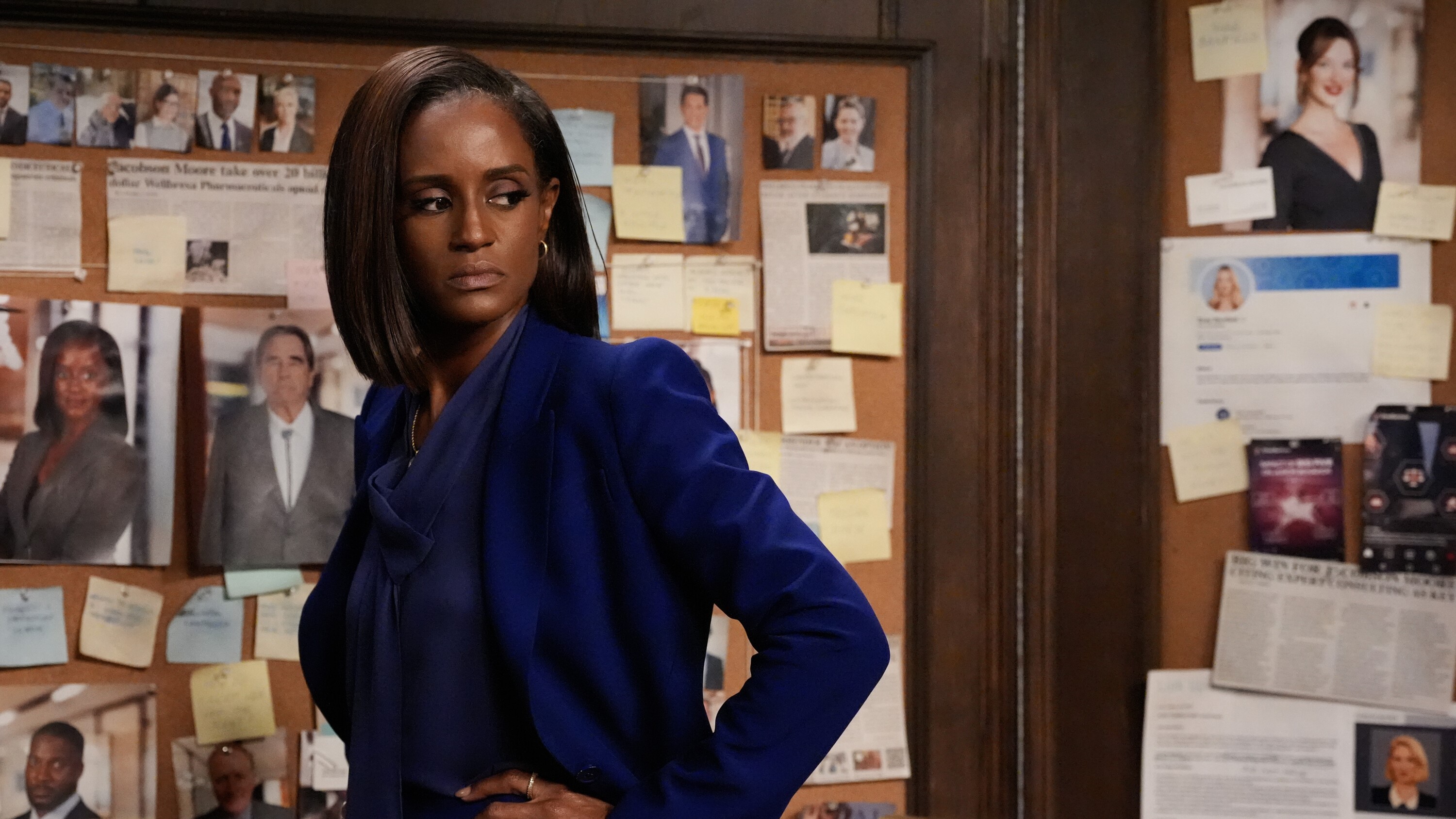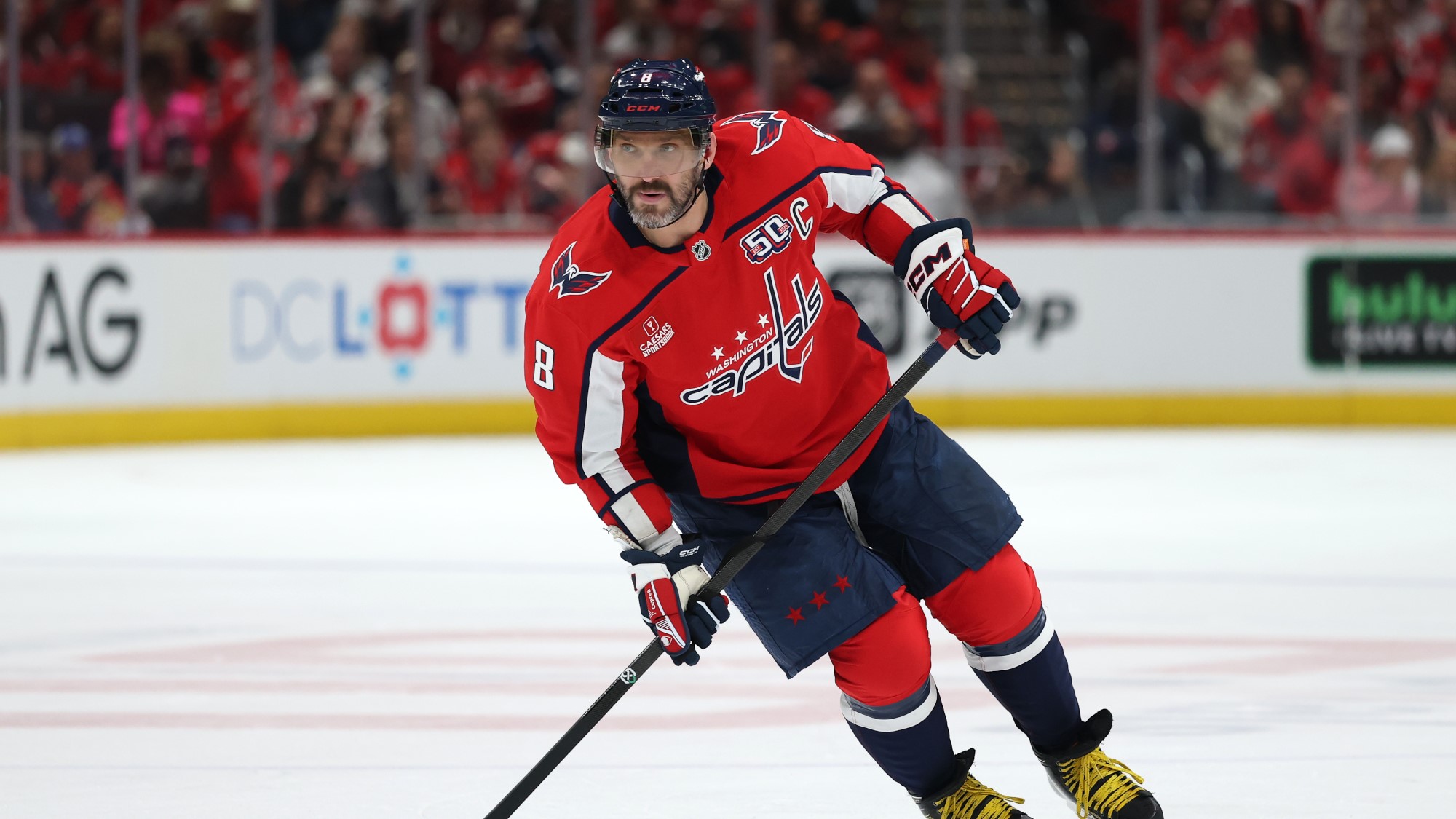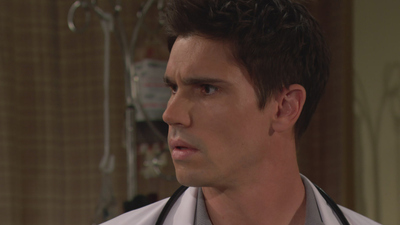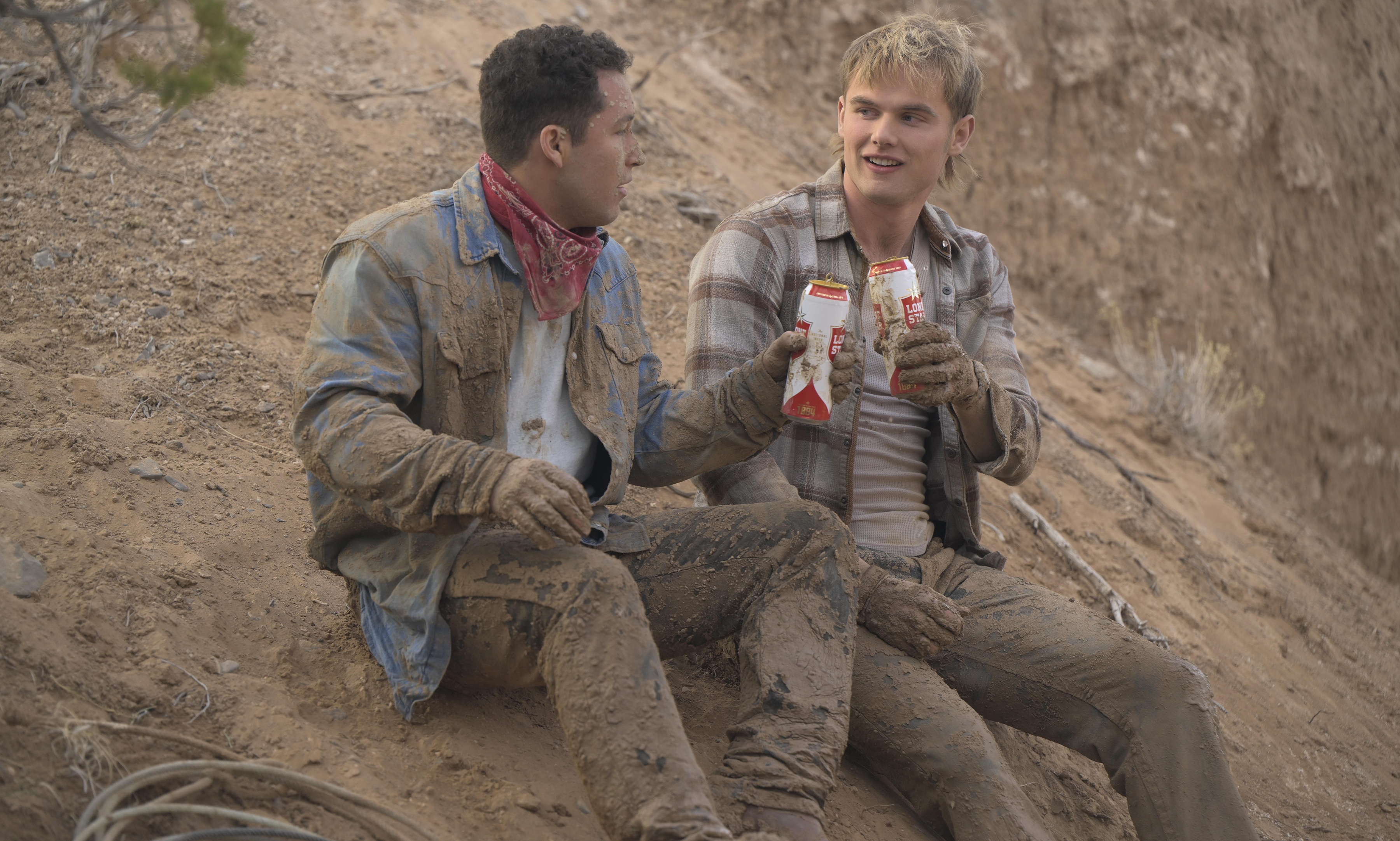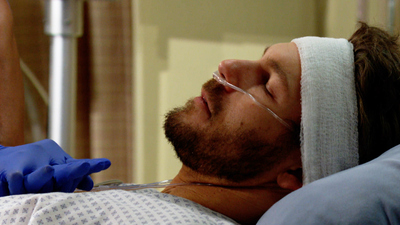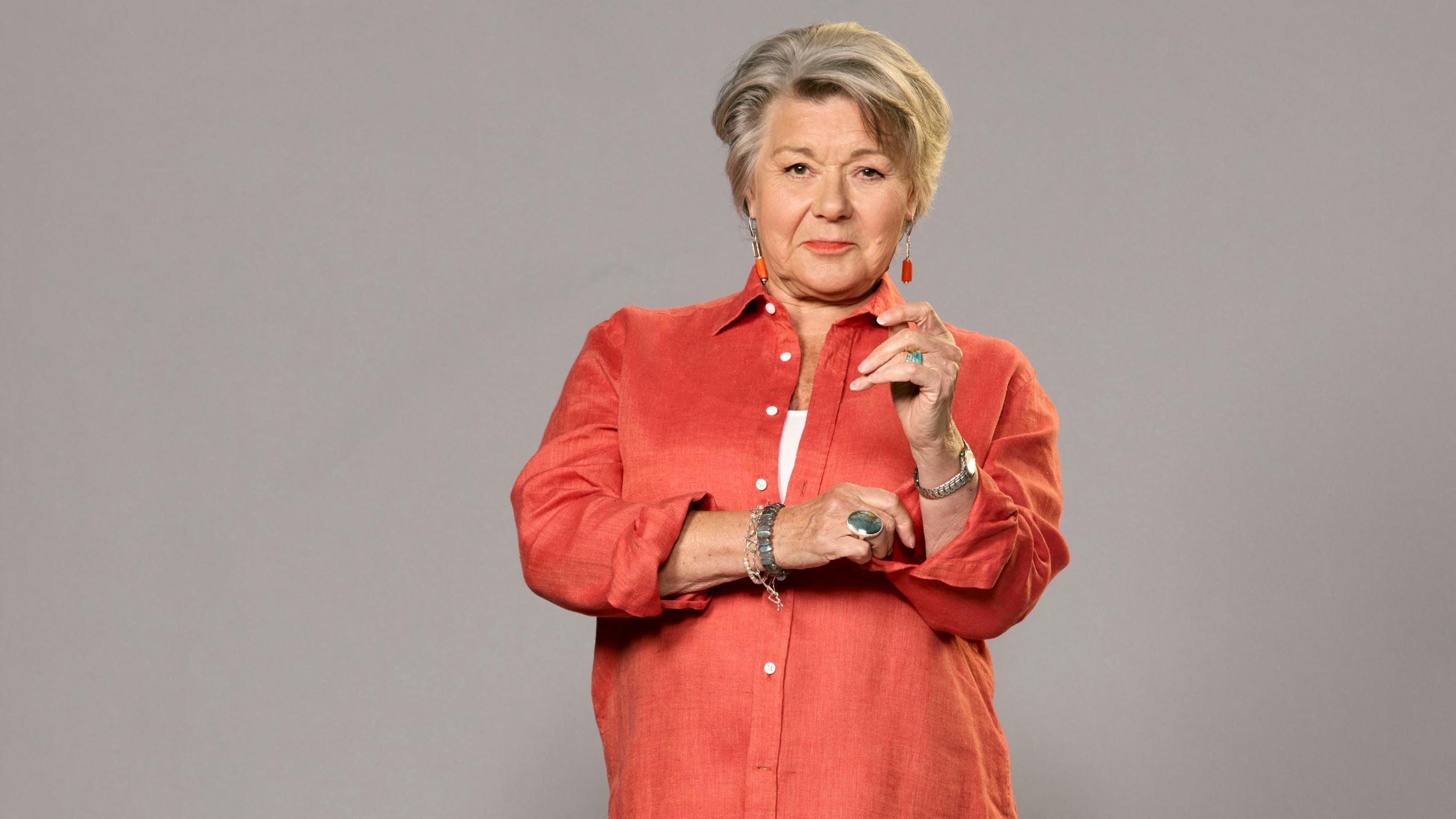'WandaVision' star Paul Bettany discusses upcoming film 'Uncle Frank' and the real people who inspired his performance
In 'Uncle Frank,' Paul Bettany drew on the real-life experiences of a late family member to play the title character, a closeted gay man.
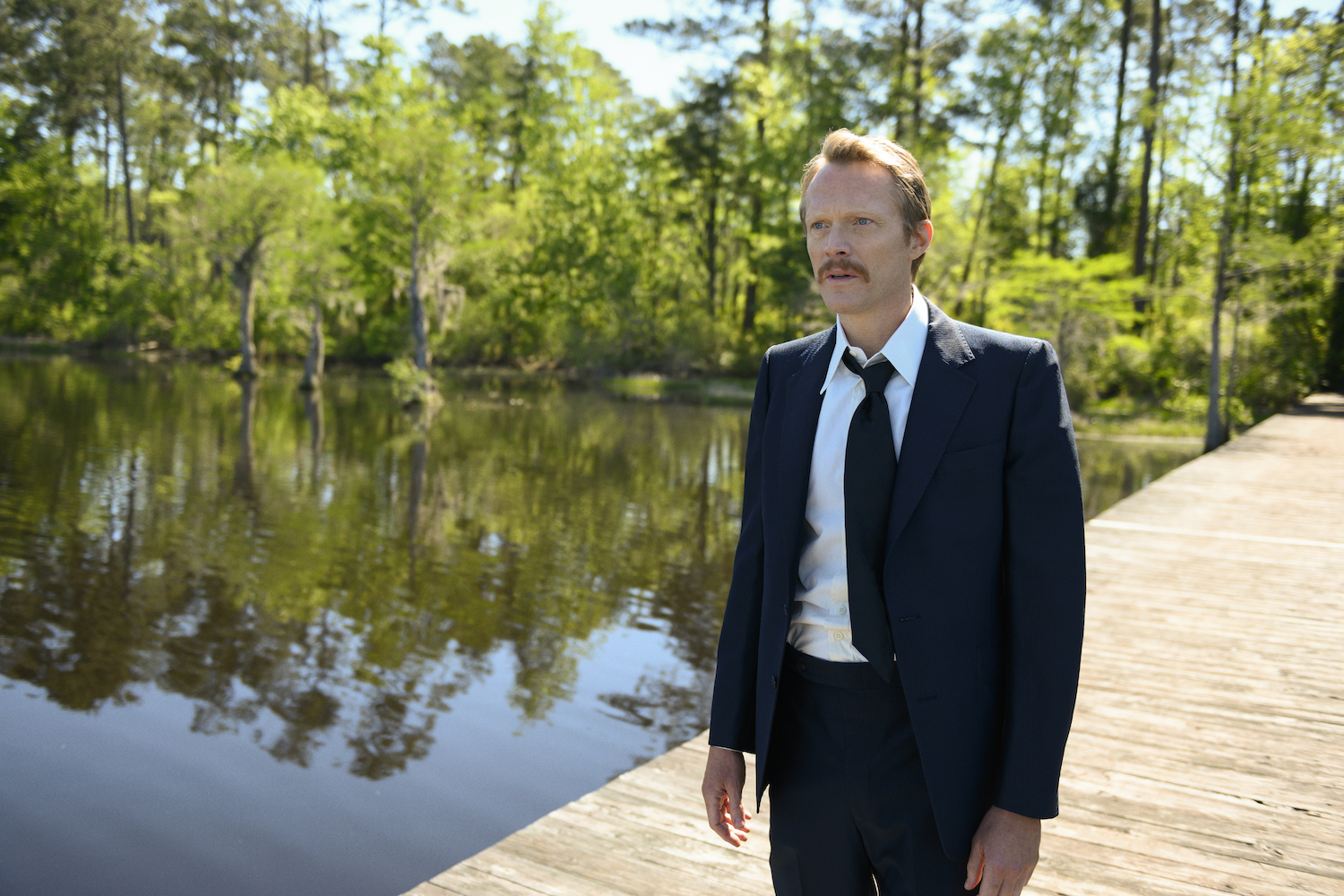
If movies “are like a machine that generates empathy” like Roger Ebert once famously said, then that empathy has to start with the people writing the stories they tell, and then the actors bringing them to life. Written and directed by openly gay filmmaker Alan Ball (True Blood) and costarring his real-life partner Peter Macdissi, Uncle Frank explores the challenges of living what star Paul Bettany calls “an authentic life” in spite of the outside pressures of society, family, even personal experience that may suggest it’s easier not to do so. Ball’s connection to the material is obvious, but Bettany found unique and profound inroads to connecting with the plight of the title character, a 40something professor whose return to his hometown revives hidden conflicts and rekindles long-dormant feelings as he contemplates coming out to his family.
Bettany has become one of Hollywood’s most reliable and versatile actors, working in everything from penetrating dramas like his latest film to superhero fare like Avengers: Endgame. Speaking recently to What To Watch, Bettany discussed his extremely personal connection to this incredibly powerful story, and more broadly, how frequently he’s able to — or wants to — tap into the kinds of feelings he had to summon for Uncle Frank. Additionally, he reflected on his process as an actor, and talked about the allure of working on a project like this one both professionally and personally.
Given how personal this story was or is for Alan up to and including the fact that his actual partner is your partner on screen, how intimidating was it or how emboldened did you feel knowing that there was that level of of personal connection?
Paul Bettany: I mean, I don't really feel intimidated on film sets anymore — there's enough in the real world to intimidate me. But I did feel like there was a need to be sort of delicate and really thoughtful as we made the movie together. Right from the outset, I mean, I was really excited. I'm a big Alan Ball fan, so I was really excited to receive an email and a script and a note saying Alan Ball wanted me to be the lead in a movie that he had written. But I read the movie and then I got on the phone with him and my first question is why me? It can't be me. And we had a really honest and long and frank conversation about those questions, not just whether I should do it, but also what unique perspective could I bring that would help him realize his vision as a director? And also, you've got to go to a lot of dark, painful places if you say yes to making this movie, and as you get older, and approaching 50, that gets harder to summon the energy to go to those places. And I feel like you have to have a more compelling reason than 'I want to be in the movies.'
The pivotal moment in this movie is one that's so filled with this really incredible, powerful sense of shame and fear. When you have to play a character whose whole life in a way is built around that, are there things in your own life that you try to draw upon to find that? Or as an actor, are you experienced enough that it is a matter of baking that into the character and then playing it?
I'm not good enough to be able to do that, I don't think. Yes, in those sort of really emotional circumstances, I really have to find a connection to it. And so yes I do.
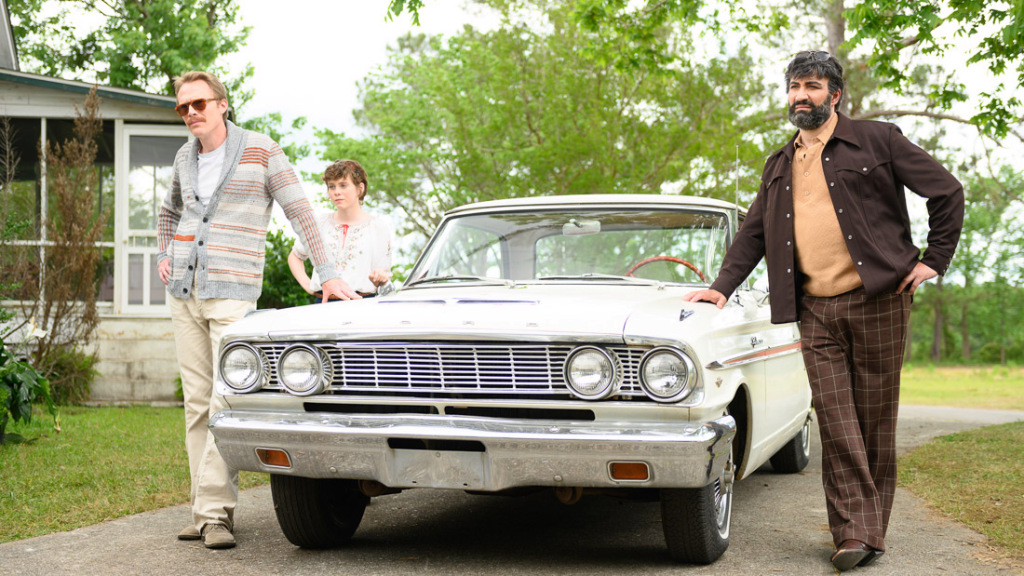
Telling stories that focus on gay characters and their interior lives is something of course that's very important, and particularly relevant I think right now. When you had that conversation with Alan, did you consider yourself just a vessel for telling his story? Or is this something that you take ownership of?
Get the What to Watch Newsletter
The latest updates, reviews and unmissable series to watch and more!
Well, he's the auteur, right? So I think it's very much his story. I think that you have to be honest with yourself about what perspective you can bring to it. I mean, the movie that Alan and I both wanted to make and it turned out we wanted to make the same movie, was a movie for anybody who had ever thought they couldn't live their authentic self, or be that authentic self because of outside pressures — societal mores, or family pressures, or religious pressures. And I know something about that, it turned out. I was raised by a closeted gay father who came out at 63 and had a 20 year relationship with a man that was undoubtedly the love of his life. And then when that man died, my father - my father was sort of dragged back to the closet by the Catholic dogma that had sort of plagued him, and he refused and sort of sat in denial that he really had this relationship, which is an incredibly tragic time that he was unable to mourn in an authentic way the love of his life. I was with my father when my father died and in his pocket, I found a glass vial of Andy's ashes. There are costs to not being able to live authentically. My mother never knew my father. I never knew my father. My brother never knew my father. My sister never knew my father. He had a series of curated anecdotes that were meant to pass as a sort of history. But of course my father had a secret history. So I know something about that. And Alan and I decided that that might be a useful perspective to realize his vision — not mine, his vision, but it might provide me with enough energy to help him do that. Because like I say, at 50 years old, to be play acting in front of a grave, crying your eyes out for a camera is unseemly, unless you have a real reason to do it.
Acting is so much an expression of empathy for perspectives that are not our own. The story that you just told is really powerful by itself. How often do you feel like you find characters to play that maybe unexpectedly have either connections to your own life, or that become therapeutic in and informative to either experiences that you've had or experiences that maybe earlier in your life you did not understand?
Not very often. I mean, I would love it to be more often. You've struck on the one edifying bit of being an actor, which is sort of imaginatively placing yourself in somebody else's situation and flexing your empathy. I wish it happened more often. But that doesn't mean that there aren't other fun things to do, you know? I mean, you have different expectations on different sorts of movies, right? And as emotional as this was, we all had such a great time making it and laughed our asses off the whole time. You know what I mean? It was a real [challenge]; we were lacking in so many things, like a budget and like time and like trailers and like serviceable catering. I mean, I'm wearing a lot of my own clothes in the film. But what we did have an abundance of was commitment and love. And I think you can see that in the movie.
Uncle Frank will be available to stream on Amazon Prime Video November 25th, 2020.
Todd Gilchrist is a Los Angeles-based film critic and entertainment journalist with more than 20 years’ experience for dozens of print and online outlets, including Variety, The Hollywood Reporter, Entertainment Weekly and Fangoria. An obsessive soundtrack collector, sneaker aficionado and member of the Los Angeles Film Critics Association, Todd currently lives in Silverlake, California with his amazing wife Julie, two cats Beatrix and Biscuit, and several thousand books, vinyl records and Blu-rays.


